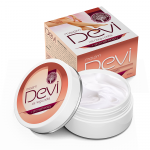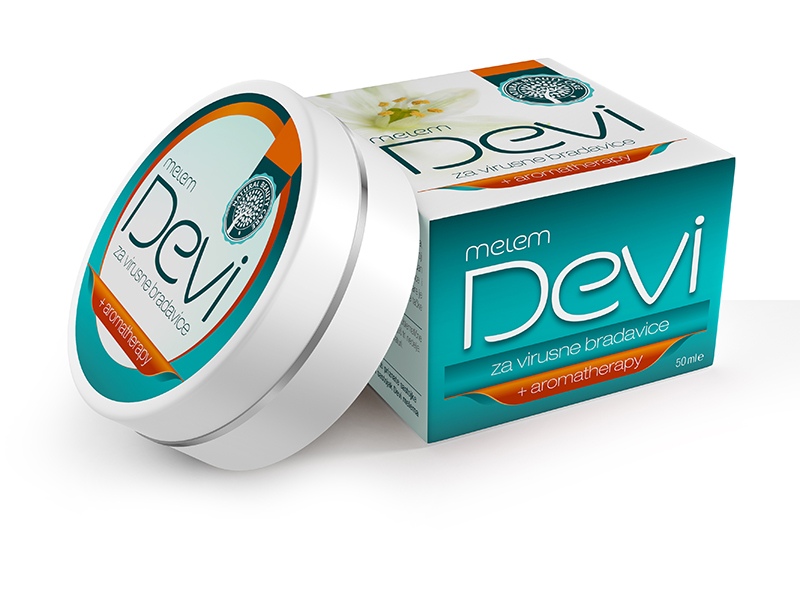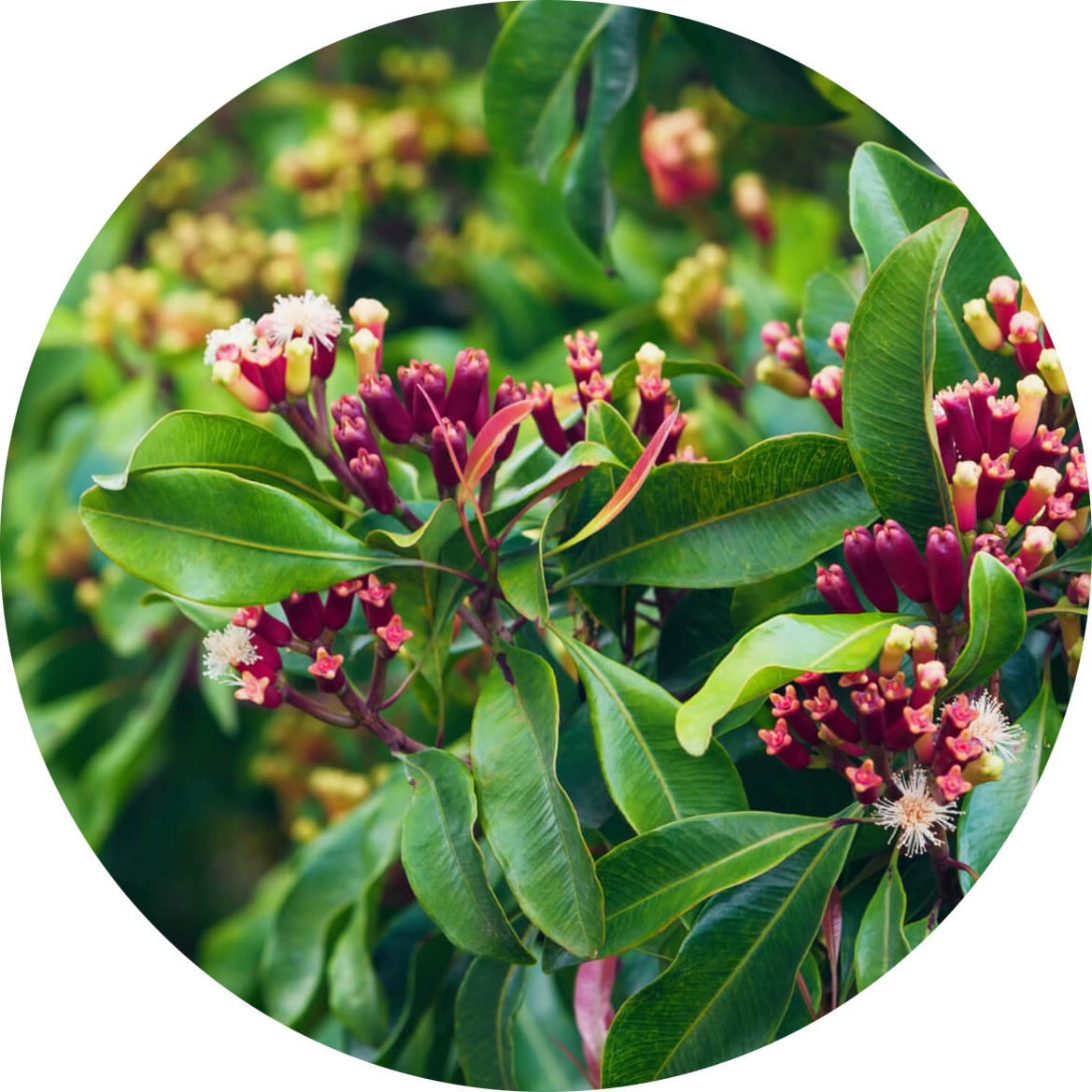(Syzygium aromaticum)
It is tiny but it has a powerful scent. It looks like a small carnation – it is actually a dried bud of an evergreen tree, a special kind of myrtle scientifically known as Syzygium aromaticum. Its English name clove is a literal translation of the Latin clavus which describes its shape. Thanks to its aroma, but also to its healing properties and the reputation of being a natural aphrodisiac, it has travelled all over the world. It originated in Indonesia; it is believed that today the oldest living clove tree is 350 to 400 years old and is still located on the island of Ternate within the Maluku archipelago. It is believed that, in 1770, Frenchman Pierre Poivre took its seeds from this island to Mauritius, then a French colony, from where it later reached Zanzibar.
Archaeologists have found traces of cloves in ceramic vessels in Syria dating back to 1700 BC. Alongside nutmeg and pepper, ancient Romans adored it and imported it regularly: Pliny the Elder commented that, every year, the Roman Empire paid to India as many as 50 million sesterces, copper coins, just for cloves. But that is nothing compared to the fact that it was worth its weight in gold in England in the 17th and 18th centuries. From China to the Middle East, from the island of Maluku to Madagascar, clove encountered no obstacles. It connected numerous merchants, slaves and slave-owners, emperors and healers, Scheherazade and Sinbad the Sailor. Even today, it reaches us from distant lands. Today, it is mostly grown in its homeland, Indonesia, where 75 per cent of the world’s supply of cloves come from; it is also grown in Madagascar, Zanzibar, Sri Lanka and Kenya. It is no longer measured in gold and we can buy it in every supermarket and season our roast meat, cakes and mulled wine with it.
CLOVE AS A MEDICINE
Although it infuses food with an irresistible flavour, the power of this little bud goes beyond gastronomic limits. Clove contains 14 to 20 per cent of aromatic oil, whose main component is eugenol, a natural antioxidant, thanks to which it has such an intoxicating smell. The oil has been known as a folk remedy in Ayurvedic and Chinese medicine for over 2,000 years, but it was also readily accepted by European healers and dentists, who were aware of what clove can do for toothache: it is, among other things, a powerful pain-killer. Gallic acid, another useful phenolic acid obtained from cloves, has long been used in Ayurvedic medicine and in industry. β-caryophyllene has strong anti-inflammatory, antimicrobial and antioxidant properties, it prevents osteoporosis and lowers bad cholesterol. Just some of the scientifically documented properties of cloves include:
- analgesic
- antioxidant
- anticancer
- antiseptic
- antidepressant
- antispasmodic
- anti-inflammatory
- antiviral
- anti-fungal
- antibacterial
- anticoagulant
CLOVE, DEATH FOR MICROBES
This small yet powerful spice has been shown in clinical trials to be effective against a large number of parasites, microorganisms and pathogenic bacteria: Plasmodium, Babesia, Theileria parasites, Herpes simplex, and hepatitis C virus. Eugenol has been shown to be effective in both methicillin-resistant Staphylococcus epidermidis and S. aureus, and is deadly for a number of parasites, including Giardia lamblia, Fasciola gigantica, Haemonchus contortus and Schistosoma mansoni.
What is especially useful for every woman to know is the proven fact that clove is a powerful natural remedy for vaginal and vulvovaginal candidiasis; there are no side effects and it can be used by pregnant women.
Clove successfully improves digestion (especially useful for constipation is clove tea), it protects the liver and prevents cirrhosis, strengthens immunity and bones, improves circulation, cleans the airways and also reduces inflammation, muscle pain, headaches, toothaches and eliminates bad breath … Eugenol has been shown to fight free radicals more effectively than vitamin E, so it has strong anticancer properties. In addition, this fragrant bud contains numerous vitamins and minerals: C, B6, E, K, folic acid, thiamine, riboflavin, niacin, selenium, manganese, copper, zinc, iron, calcium, phosphorus… It can be a good substitute for aspirin as it is a natural anticoagulant.
SKIN SAVIOUR
What we are most grateful to clove for is its effectiveness in combating parasites, fungi and bacteria, including Streptococci, Staphylococci, Pneumococci, Candida, Listeria, Helicobacter, Salmonella and Escherichia coli – it destroys all of them quickly and efficiently. That is why it is ideal for the treatment of the oral cavity and the skin. Its antioxidant activity affects dermal fibroblasts, cells inside the dermis responsible for the creation of connective tissue and recovery from injuries. As we age, the synthesis of collagen and elastin in the dermal fibroblast decreases, so the skin becomes flaccid and wrinkled. Fortunately, clove can also be helpful, i.e. the synergy of its useful ingredients and its healing properties can also be used in the cosmetics industry. That it is ideal for facial day creams is confirmed by the fact that it protects the skin from harmful UVB rays and strengthens the defensive properties of the skin. To sum up, it provides us with complete care and protection.
For all these reasons, starting its long journey in the distant Maluku islands, clove also reached the Devi balm for heel care. This balm is used to soften our skin and prevent thickening and cracking of the skin on the heels; it has another very important role: to prevent and help with existing fungal infections and foot odour. Combined with the equally powerful essential oils of tea tree, sage and lavender, this balm can prevent complications and the development of fungal diseases such as athlete’s foot and nail fungal disease. In combination with the highly nourishing oils of marigold, avocado, Chilean rose and cocoa butter, it will give our feet a perfect, soft and gentle look, thus confirming that health and beauty go hand in hand.
But that is not all. With its antiviral properties, this medicinal plant will also help us fight viral warts, along with castor oil, tamanu oil, willow bark, lavender, tea tree, ravensara and lemon oils in Devi viral warts balm. It will do so completely painlessly and without causing irritations.
Once upon a time, in ancient China, emperor’s subjects were not allowed to appear before the emperor until they chewed cloves in order to eliminate bad breath. Today, smelly feet have an equally socially unacceptable status. With just a few drops of clove oil, or even better – with a bit of the brilliant Devi balm – our feet can smell like fairy tales from 1001 Nights and can feel light and breezy as if we were flying on a magic carpet.


